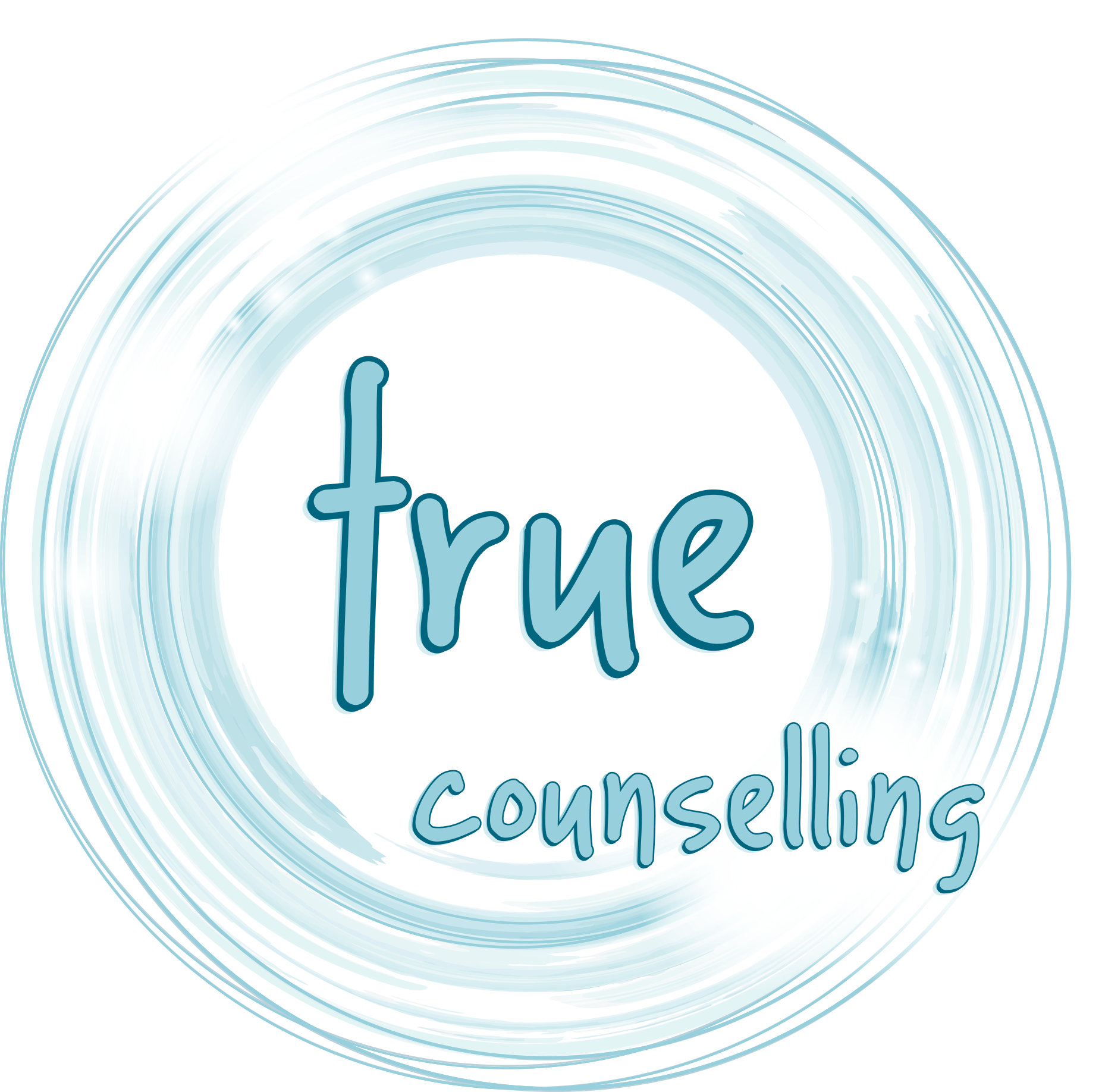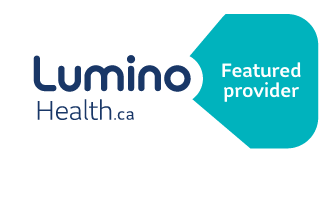What does my support look like?
Service will begin with a consultation/assessment usually taking one to two sessions depending on your needs and situation. This process is very collaborative, as we will both explore presenting problems/concerns and what your hopes and goals are in seeking out counselling. After this is completed, we will develop a treatment plan to help you work towards your goals.
The following approaches guide my work, depending on what fits best for you:
The Gottman Method is a research-based approach to couples therapy that focuses on improving communication, intimacy, and conflict resolution in relationships, ultimately aiming to build stronger and more fulfilling partnerships. This approach provides couples with the tools and skills to navigate relationship challenges, build a stronger foundation for their relationship, and cultivate a more fulfilling and lasting partnership and is very practical and offers many immediate and helpful interventions to improve relationship satisfaction and connections.


Relational Life Therapy (RLT) is a couples therapy approach created by Terry Real, designed to help partners resolve conflicts, develop personal accountability, improve communication, and foster intimacy. It emphasizes addressing relational challenges directly, with therapists actively engaging each partner on their contributions to the relationship dynamics. RLT aims to help clients heal relational trauma, forge intimate connections, and live more authentic lives.
Cognitive Behavioral Therapy (CBT) is a type of psychotherapy that helps individuals manage difficult thoughts, feelings, and behaviors by identifying and challenging negative or unhelpful patterns. It focuses on the interconnectedness of thoughts, feelings, and behaviors, and aims to help people develop more adaptive strategies for coping with challenges and improving their overall well-being.
Dialectical Behavior Therapy (DBT) is a type of cognitive and mindfulness-based psychotherapy that helps people to develop skills to manage emotions, build relationships, and improve their quality of life with acceptance and change strategies. It's particularly effective for people struggling with emotion regulation difficulties.
Cognitive Processing Therapy (CPT) is a form of cognitive-behavioral therapy specifically designed to treat Post-Traumatic Stress Disorder (PTSD). It focuses on helping individuals identify and challenge negative thoughts and beliefs related to traumatic events, ultimately leading to a more balanced and less distressing perspective.
Prolonged Exposure (PE) therapy is a form of cognitive behavioral therapy (CBT) used to treat post-traumatic stress disorder (PTSD). It helps individuals gradually face the painful thoughts, feelings, and situations they've been avoiding related to their trauma. By doing so, the therapy aims to reduce the distress associated with these trauma-related triggers and promote recovery.
From my years of practice, I have become very aware of how frustrated individuals and families can become when trying to navigate the mental health, healthcare and educational systems. My approach looks to support and empower individuals and families so that they can achieve better outcomes with the following concerns:
What can True Counselling help with?
- Anxiety (General Worry, Social Anxiety, Panic)
- Anger Management Strategies
- Low Mood (Sadness, Low Motivation, Irritability)
- Trauma, Traumatic Events &
Trauma Processing - ADHD
- Emotional Regulation/Interpersonal Skills
- Self Injury
- Development of Healthier Coping Strategies
- Parent Child Conflict & Family Transitions
- Relationship Support
- Parenting Support
- Brain Injury
- Adjustment to Complex Injuries & Chronic Health Conditions
- Workplace Stress & Performance
- Post Traumatic Stress Disorder (PTSD)
- Infidelity
- Intimacy
- Family Dynamics & Stressors
- Couples Counselling
- First Responders
- Insomnia
- Perimenopause & Menopause
- Reproductive Mental Health (Postpartum Anxiety, Postpartum OCD, Miscarriage, Infertility, Loss)
- Pre & Post Natal Period Adjustment
- Intrusive Thoughts, Memories & Urges



